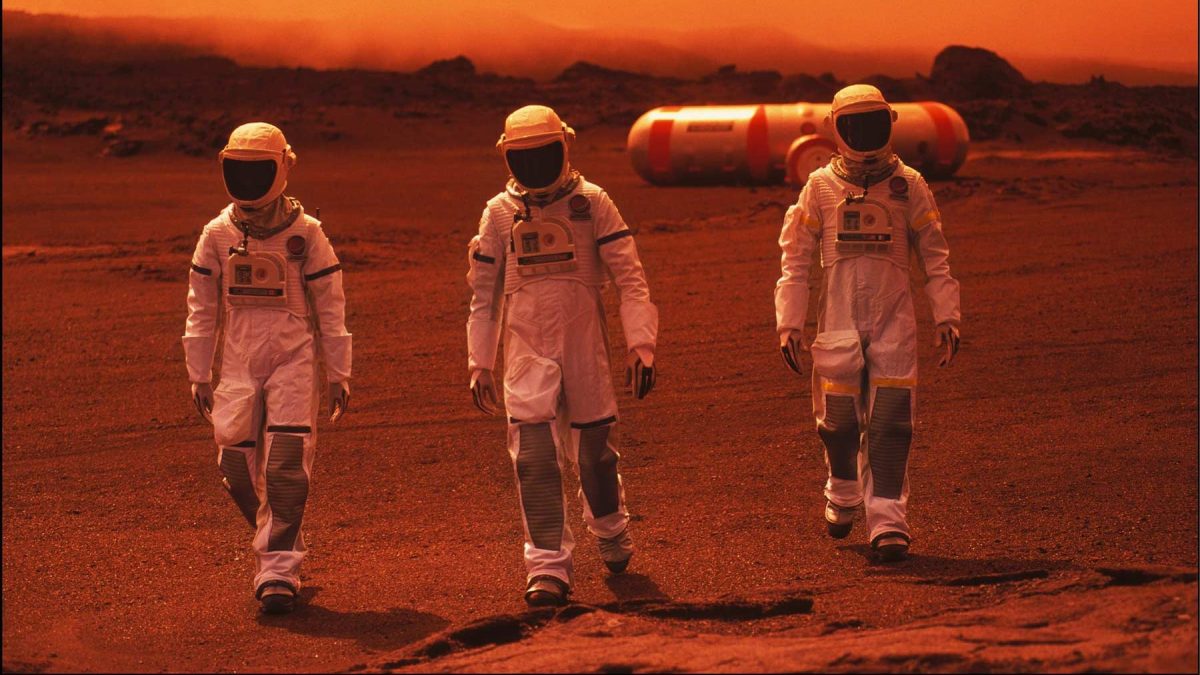Space travel is always risky, but going Mars will be more dangerous than previously realized.
Scientists doubled the risk of cancer after new models evaluated the effects of cosmic radiation on astronauts traveling to Mars or other long-term missions beyond the protection of Earth’s magnetic field.
“Galactic cosmic ray exposure can devastate a cell’s nucleus and cause mutations that can result in cancers,” the study’s lead researcher Francis Cucinotta explained.
Previous research demonstrated the adverse health effects to astronauts spending length durations in space. Cosmic rays are known to cause cancer, central nervous system effects, cataracts, circulatory diseases and risks associated with radiation poisoning.
The findings, published recently in Scientific Reports, used a new model that adjusted the duration of the space travel needed to get to Mars. Previous risks were made based on short-term exposure to cosmic rays.
A mission to Mars would take at least 900 days, making astronauts’ exposure to the dangerous radiation “unavoidable.”
Cucinotta called for additional research with radiation protection and the effects of cosmic rays on human tissue.
This article was featured in the InsideHook newsletter. Sign up now.
























